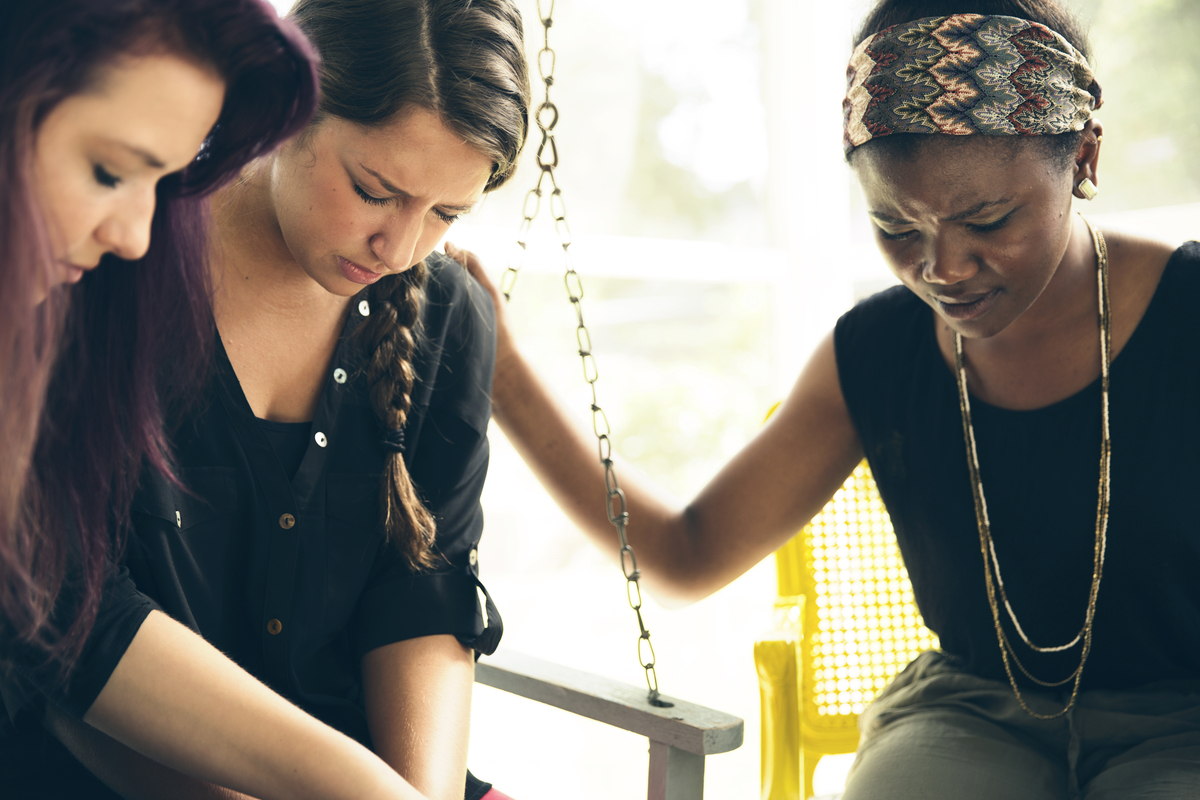Deacons are vital servants in the life of any biblical, gospel-centered, missional church. They aren’t grunt workers; they are mobilizers and servants in the advancement of gospel ministry like we see in the prototypes of Acts 6. I hope every church plant will prioritize installing deacons more than they value branding, vision casting, and installing fog machines.
As pastors and planters look to install deacons, there’s a valid interpretation for the diaconate ministry to include women who meet the qualifications given by Paul in 1 Timothy 3:8–13.
Biblical Data
Now, let’s get to the reason you’re reading this article. Is Paul talking about the wives of deacons or women deacons when the text says, “Their wives likewise must be dignified, not slanderers, but sober-minded, faithful in all things” (1 Tim. 3:11)?
Two things arise when comparing the elder and deacon qualifications of 1 Timothy 3.
1. Deacons don’t have to be able to teach.
2. It looks like Paul is giving qualifications for deacons’ wives and not elders’ wives—and that would be odd.
The ESV and CSB translations clear up this supposed oddity. The ESV provides a footnote on “Their wives” showing that this could be rendered, “Women likewise.” The CSB’s footnote says it could be translated as, “The women.” The Greek word translated “wives” in the text is simply “women.”
So if Paul isn’t addressing the wives of deacons, Paul is giving qualifications for women deacons—and that makes a lot more sense. For why would deacons’ wives need qualifications, and not elders’ wives, when elders are the overseers of the church?
Phoebe: Deacon or Servant?
Paul writes at the end of Romans, “I commend to you our sister Phoebe, a servant of the church at Cenchreae . . .” (Rom. 16:1–2). Phoebe is called a servant, a diakonos, which is the same Greek word used for deacon in 1 Timothy 3 and Philippians 1:1.
The ESV and CSB text both have footnotes on the word servant showing that it could be translated as deaconess, or really deacon since the Greek word can be masculine or feminine. It would make sense to render this word as deaconess since the context reveals Paul is writing about Phoebe, a woman.
But that alone doesn’t mean she is a deacon. Paul could be calling her a servant, but the context and structure show that she is a deaconess since Paul mentions a specific church, “of the church at Cenchreae.” When that structure is used in the New Testament and early church documents, it notes a specific person in an official office. I think it’s more than safe to say there’s room for women to serve as deacons. And church history bears this out as well.
Church History
The historical evidence of women deacons is overwhelming. We find evidence of deaconesses in the second, third, and fourth centuries. In A.D. 111, Pliny, the governor of Bithynia, reported questioning (under torture) two women who called themselves deaconesses concerning Christian rites. At the end of the Apostolic Period, there are deaconesses in the church declaring their office before Roman officials. In a culture that treats women in sinful ways, it’s in the church of Jesus Christ where they can be powerful, vital servants for the cause of Christ. Klick um zu Tweeten
Here is a quote from the third century from Constitutions of the Holy Apostles, a guidebook written for church plants based on the teaching of the apostles:
“And let the deaconess be diligent in taking care of the women; but both of them ready to carry messages, to travel about, to minister, and to serve . . . Let every one therefore know his proper place, and discharge it diligently with one consent, with one mind, as knowing the reward of their ministration.”
The early church even wrote a prayer for the installation of women deacons:
“O Eternal God, the Father of our Lord Jesus Christ, the Creator of man and of woman, who didst replenish with the Spirit Miriam, and Deborah, and Anna, and Huldah; who didst not disdain that Thy only begotten Son should be born of a woman; who also in the tabernacle of the testimony, and in the temple, didst ordain women to be keepers of Thy holy gates,— do Thou now also look down upon this Thy servant, who is to be ordained to the office of a deaconess, and grant her Thy Holy Spirit, and ‘cleanse her from all filthiness of flesh and spirit,’ that she may worthily discharge the work which is committed to her to Thy glory, and the praise of Thy Christ, with whom glory and adoration be to Thee and the Holy Spirit for ever. Amen.”
John Calvin said, “For deaconesses were created not to appease God with songs or unintelligible mumbling, not to live the rest of the time in idleness, but to discharge the public ministry of the church toward the poor and to strive with all zeal, constancy, and diligence in the task of love.” And while Charles Spurgeon appears to never give a defense for women deacons, he merely states it as if it were a known fact, referring to deaconesses as “an office that most certainly was recognised in the apostolic churches.”
In our era, pastors and teachers like John Piper, Mark Dever (9 Marks), and John MacArthur all affirm a case for women deacons. Given the exegetical and historical evidence, I think it’s absolutely honoring to Christ to have women serve as deacons. We should join our brothers from the early church and pray great things over and for women deacons. Klick um zu Tweeten
In a culture that treats women in sinful ways, it’s in the church of Jesus Christ where they can be powerful, vital servants for the cause of Christ. We should join our brothers from the early church and pray great things over and for women deacons. Praise the Lord for deacons, male and female!







